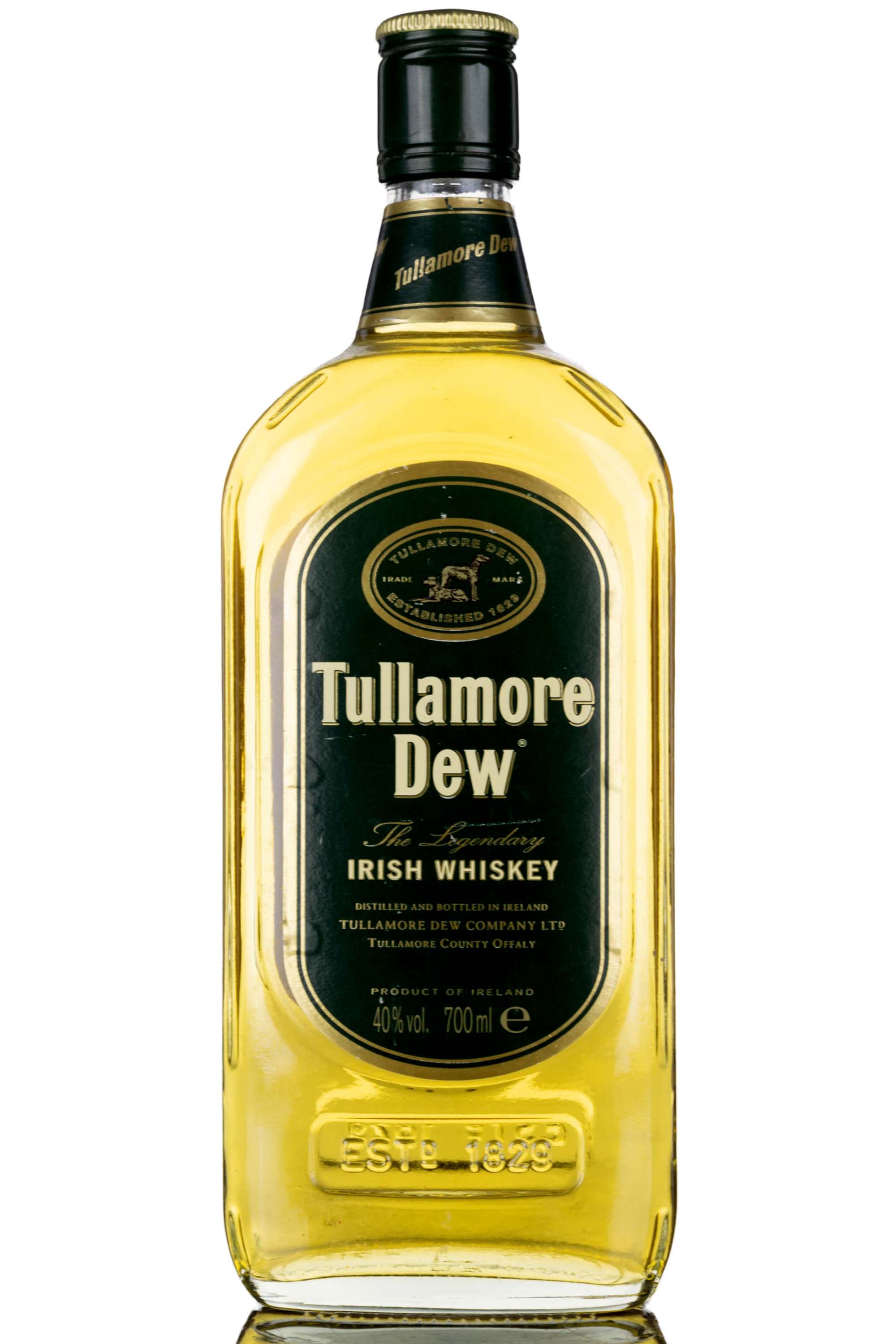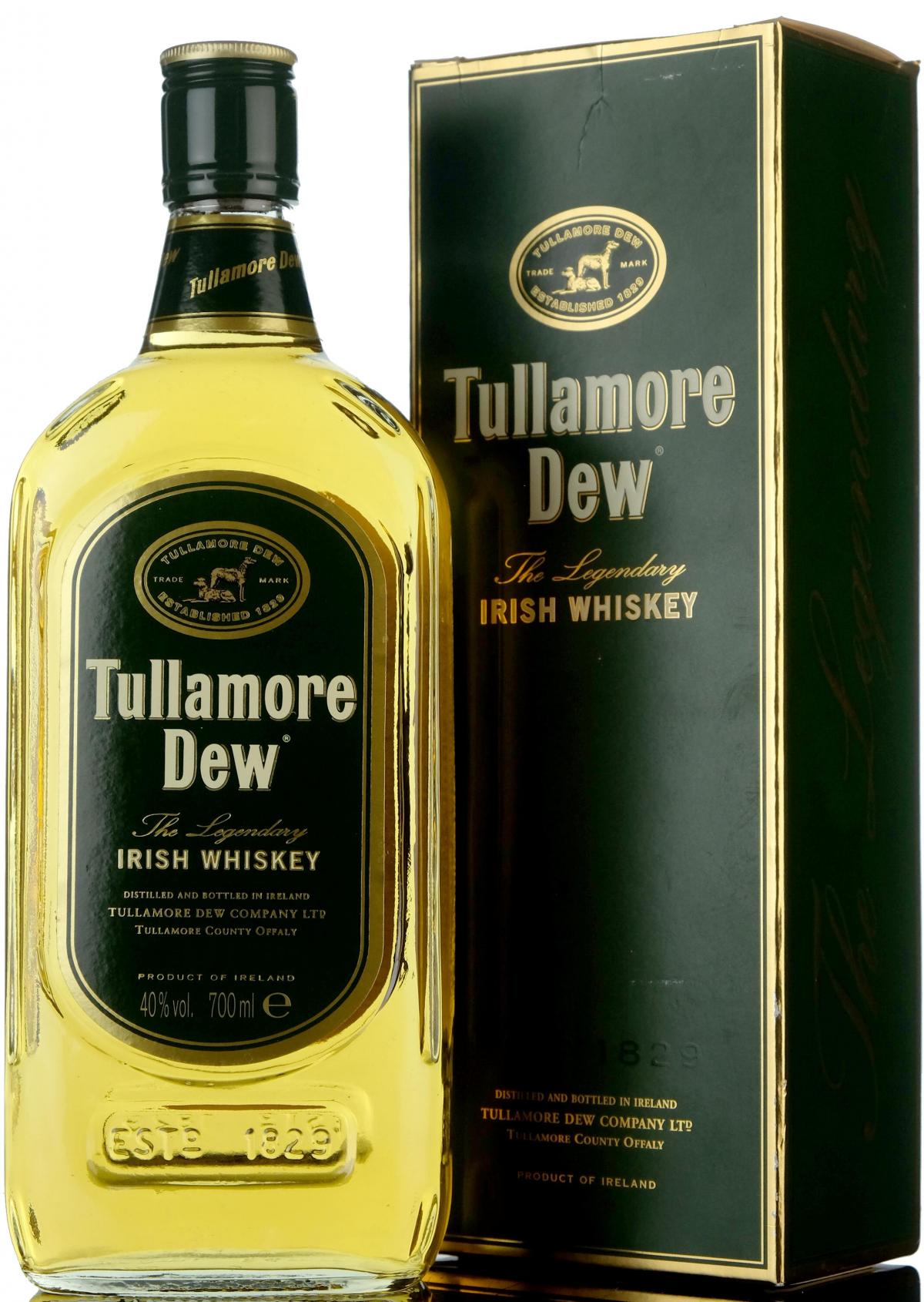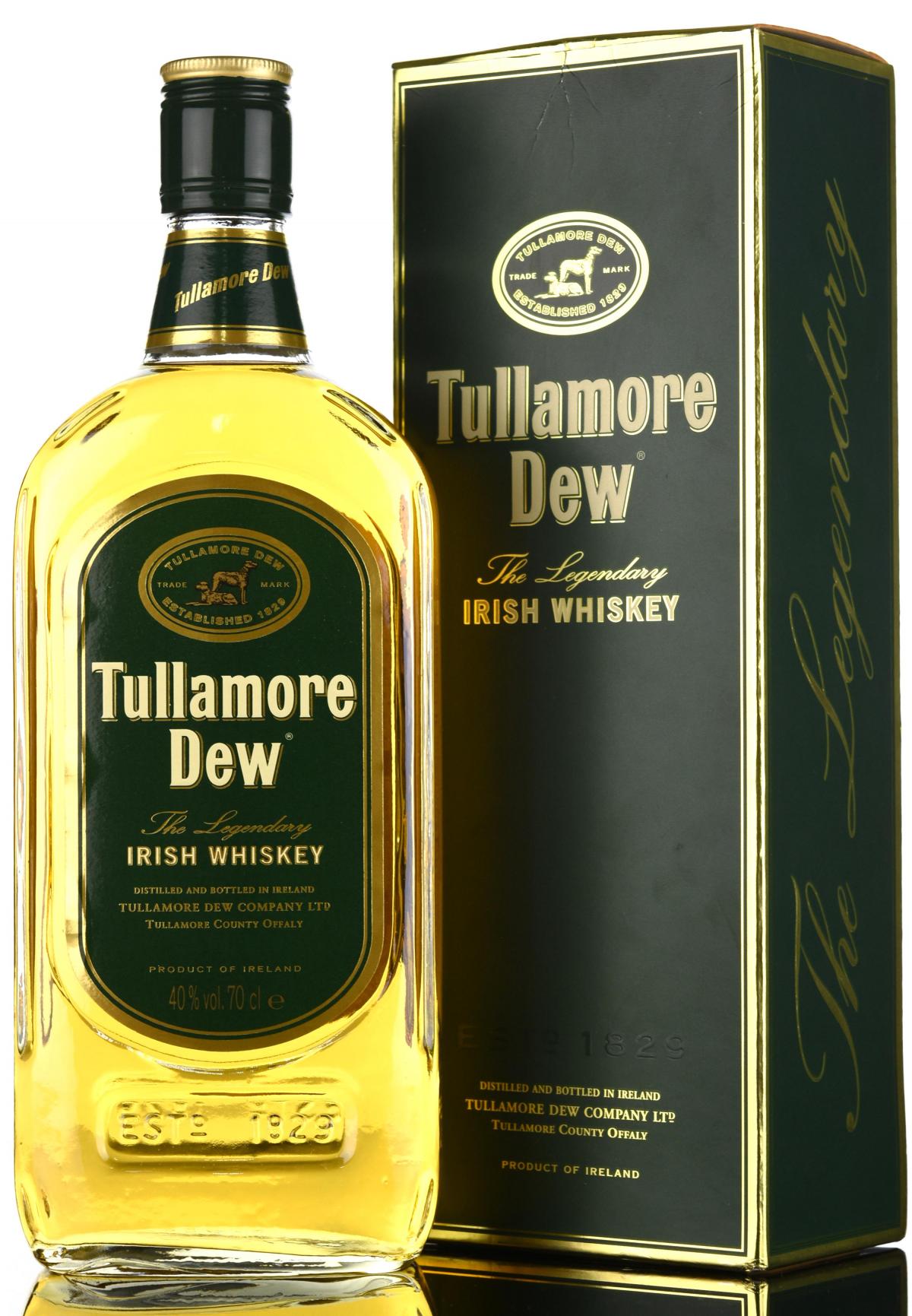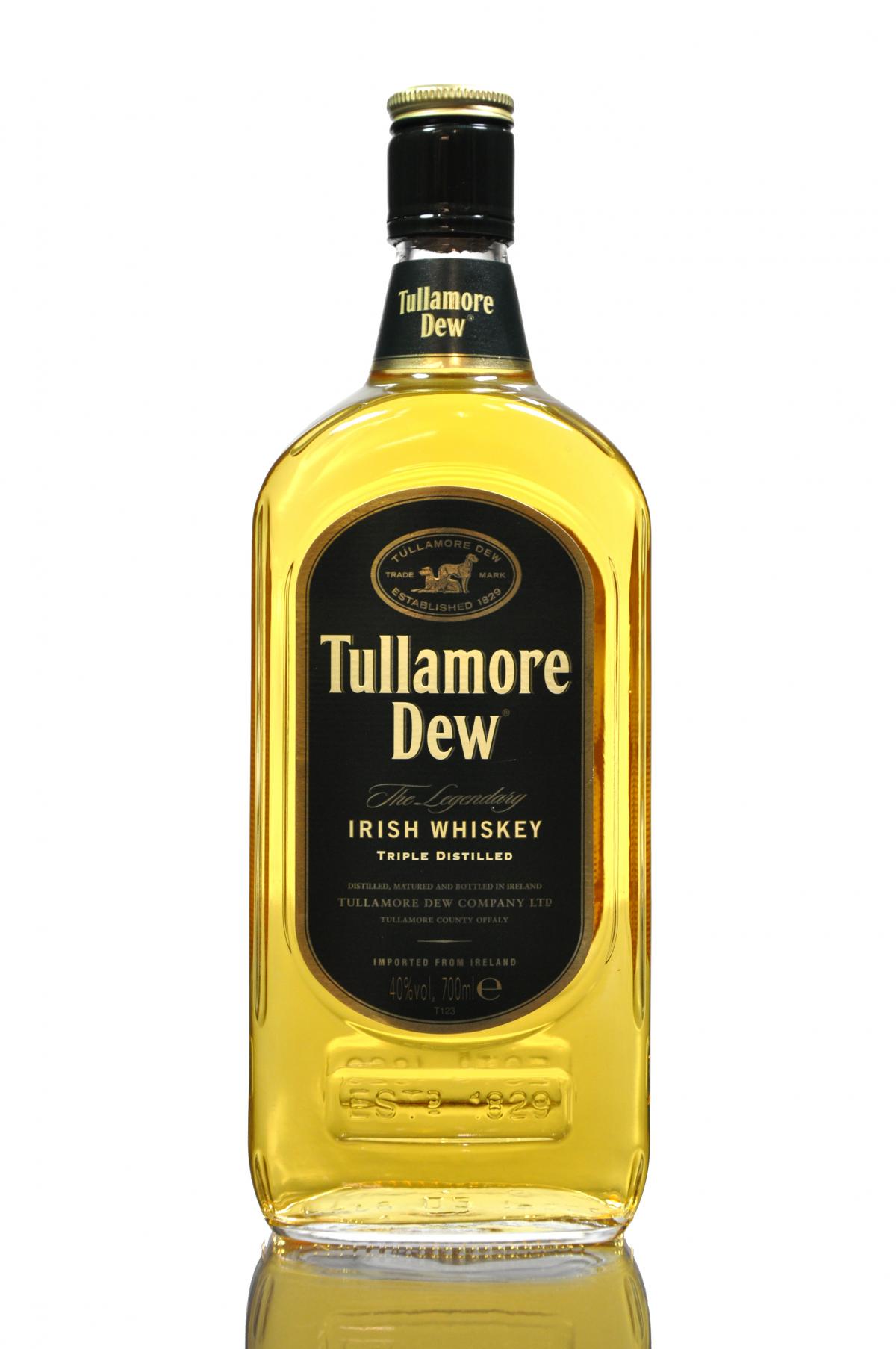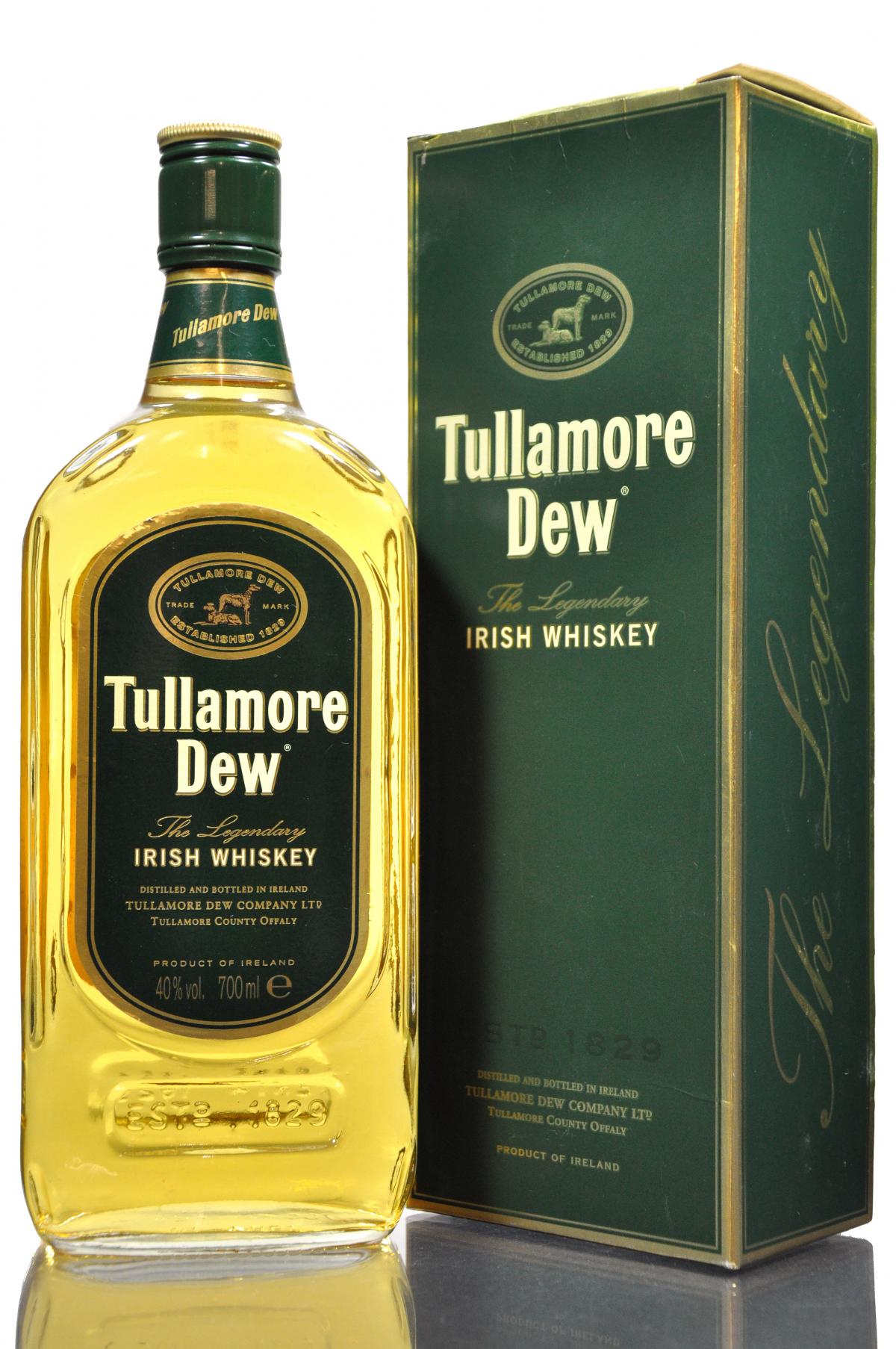Total Lots Sold:
5
View Lots
Do you have this bottle for sale?
SELL IT TODAYHAMMER PRICE OVER TIME
This graph displays data solely from Whisky-Online Auctions past sales history. Please note the filling level of the liquid and the condition of an item can affect the price negatively, so please check individual Lot sales below if there's a sudden dip in the graph.
HAVE ONE FOR SALE?
Submit your details along with an image and a description of your bottle. We'll then be in touch with the best way to proceed.
WHY SELL WITH WHISKY-ONLINE AUCTIONS?
0% Sellers Commission
Free Collections Available
Over 30 Years In The Whisky Industry
Over 1,700 Five Star Trustpilot Reviews
We Sell The Rarest Whiskies Ever Bottled
Global Buying Audience Including Far East Buyers
Bespoke Auction Platform
Thousands Of Active Bidders
Large Database Of Newsletter Subscribers
Over 36k Social Media Followers
Tullamore Dew The Legendary - Circa 2000
Tullamore Dew The Legendary Irish Whiskey. Bottled late 1990s, early 2000s. 700ml. 40%.
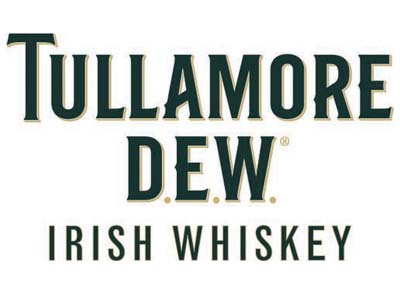
The original Tullamore distillery was opened in 1829 by Michael Molloy in the town of the same name in Ireland’s Co. Offaly. After Molloy’s death the business passed in the 1850s to his nephew Bernard Daly, who hired a 15-year-old Daniel E. Williams in the 1860s as a distillery worker. The talented Williams was to become Tullamore’s manager by the age of 25 and later bought the distillery - it is his initials that give Tullamore D.E.W. its name.
Tullamore distillery closed in 1954 and the Tullamore D.E.W. brand was sold in the 1960s to John Powers, becoming part of Irish Distillers in 1966. Production moved to Midleton distillery in the 1970s, before the Tullamore brand was sold to C&C Group in the 1990s and then to William Grant & Sons in 2010. Unhappy with sourcing all their whiskey from rivals, in 2014 Grant’s built a new distillery in Tullamore to provide for their malt and pot still whiskey needs, adding a grain distillery in 2017.
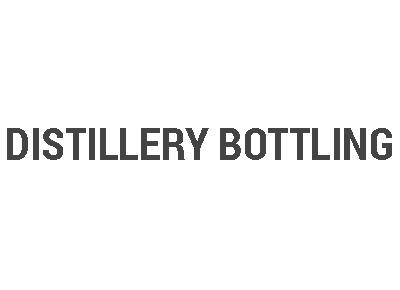
Distillery bottlings are, as the name suggests, bottled by or for the distillery from which the whisky has originated and are thus often referred to as Official Bottlings or OBs. Distillery bottlings are generally more desirable for collectors and usually fetch higher prices at auction than independent bottlings. They are officially-endorsed versions of the whisky from a particular distillery and are therefore considered the truest expression of the distillery’s character.
This ideal of the distillery character is regarded so seriously by the distilleries and brand owners that casks of whisky that are considered to vary too far from the archetype are frequently sold on to whisky brokers and independent bottlers. When this happens, it is often with the proviso that the distillery’s name is not allowed to be used when the cask is bottled for fear of diminishing or damaging the distillery’s character and status.


